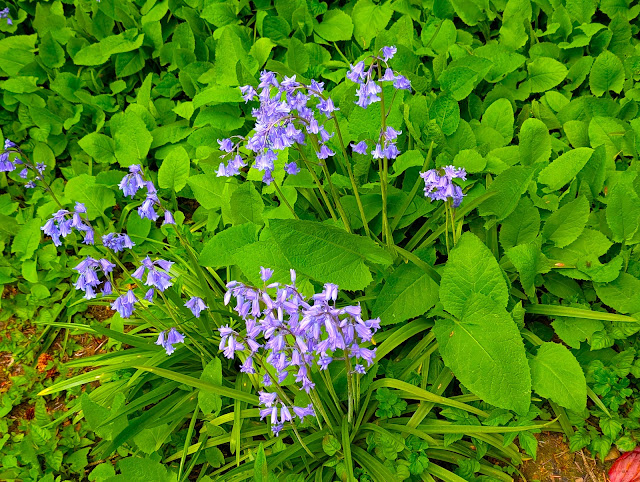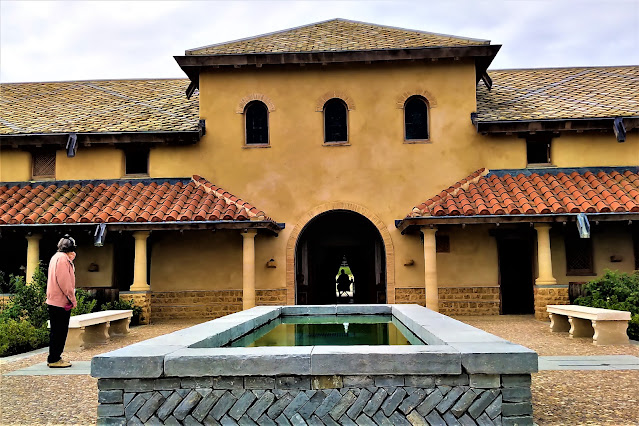Greenbank Garden in Springtime
Introduction
Earlier today my wife and myself undertook a short trip to the heritage site of Greenbank House near Glasgow, Scotland. We were attracted by the Greenbank Garden Market which was held in the front and inside courtyards of the House.Here we were able to view the wide range of food, produce, arts, crafts and artisan stalls including delicious street food on offer. Inevitably we came away with shopping bags bulging with food offerings plus some plants for the garden.
Information on Greenbank House and Garden
Greenbank House is now owned by Scotland’s National Trust but has origins as the mansion of an 18th century tobacco merchant. The owner’s wealth was created by importing American grown tobacco prior to that country declaring independence. There was nothing unusual in tobacco dealing in the early 18th century. This business created huge wealth for many local businessmen and ‘kick-started’ Glasgow’s development as a commercial centre.
However, the tobacco business
was dependent on slavery which,through today’s eyes, is viewed with
opprobium. In fact, many of Britain’s palaces and grand houses were
ultimately financed by slavery, mainly in the West Indies. Greenbank
boasts an excellent and well maintained garden which at this time is
adorned with a wide range of lush and subtle greenery interspersed with shafts of colour.. This is testament to the
diverse collection of plants in the old walled garden which is
surrounded by woodland. Originally, this garden supplied the mansion house
with fruit and vegetables. The property is cocooned by beech trees and
Scots pines. This provides a shelter belt planted during the garden’s
creation.
Video clip of garden
Video clip of Art Deco fountain
Front façade of Greenbank House.
Approach to Greenbank House and Garden
More information
The publication Visitors’ Guide to Scotland contains information on Scotland’s gardens plus a wealth of further information for the tourist. The ISBN of the publication 978-1-9161332-0-4. This is also available via Kindle.






























Comments
Post a Comment